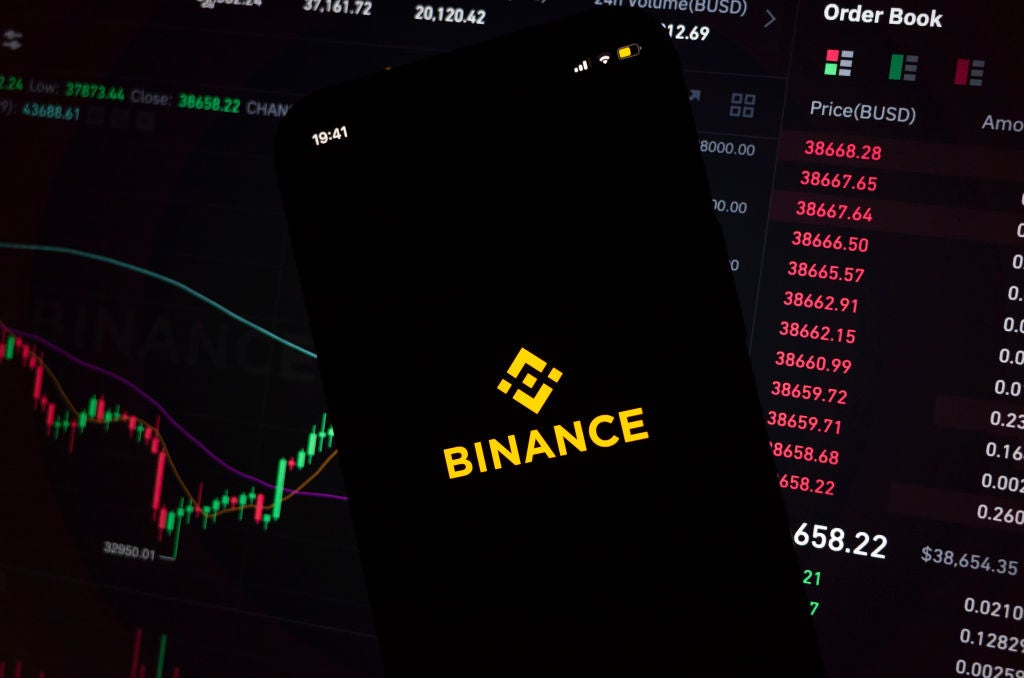
France’s warm welcome towards controversial Chinese-owned crypto exchange Binance demonstrates a wider European openness to crypto, backed by the European Commission’s ground-breaking crypto regulatory framework proposals – all of which could see Europe becoming crypto’s global centre of gravity.
On 5 May 2022, Binance announced that it had been granted a Digital Asset Service Provider (DASP) registration by France’s financial regulator the Autorité des Marchés Financiers (AMF) with the approval of the Autorité de Contrôle Prudentiel et de Résolution – the country’s independent authority monitoring banks and insurance companies. The licence to operate in France represents Binance’s first DASP in Europe and marks a turning point for the company, which has previously been banned by US and UK financial services authorities from operating within their markets.
The French government under Emmanuel Macron is bullish towards crypto, according to Oliver Yates, founder and CEO of Paris-based wholesale crypto investor platform Aplo. The AMF is super bullish even if the banking body by definition is less so, he says, adding: “Whatever the government says publicly doesn’t mean that these two bodies will follow. Especially on the banking side.”
Europe’s fragmented crypto regulation
There are very different crypto regulatory regimes across Europe, but there is about to be a significant harmonisation of these regulations across the EU, according to Caroline Malcolm, the head of international public policy and research at blockchain analysis company Chainalysis. “Harmonisation across a large geographical area like the EU could really kick-start the whole sector,” she says.
In 2020, the EU proposed the Markets in Crypto-assets (MiCA) regulation, which is a legal framework for crypto assets not already covered under existing financial services legislation. It is hoped that by filling the regulatory vacuum, the foundation will be laid for the European crypto-asset market to lead the world and become its global centre of gravity. MiCA includes provision for consumer and investor protection, addresses financial stability and monetary policy risks as well as measures against market manipulation, money laundering, terrorist financing and criminal activity.
On 14 March 2020, the European Parliament adopted its negotiating position on MiCA. It was seen as a big win for cryptocurrency as the parliament did not ban proof-of-work (POW)-based digital currencies – those that rely on mining and which are under scrutiny for their energy consumption. Many see the omission of specific language banning POW in the draft as a tacit adoption of Bitcoin and cryptocurrencies in general. Because the legislation is still working its way through the negotiation process, it is still too early to know what environmental sustainability standards the regulatory framework will impose.
This is a game changer for crypto players who want to be in Europe, says Malcolm. With its European headquarters in Paris, under the new framework, Binance, and any other crypto company for that matter, would not have to pursue multiple licences across separate member states throughout Europe. “Companies would be able to operate in any European country and know that the rules apply,” says Malcolm.
US and UK lagging behind Europe on crypto regulation
By contrast, the US has no imminent provision for a comprehensive federal crypto regulatory regime. President Joe Biden issued an executive order in March 2022 for ensuring the responsible development of digital assets. He wants the government to examine the risks and benefits of cryptocurrencies and how to maintain the US’s crypto competitiveness, as well as explore the establishment of a national central bank digital currency. The order calls on federal agencies to take a unified approach to regulation of digital assets, but discussions are ongoing about which regulator is responsible – whether the Securities and Exchange Commission or Commodity Futures Trading Commission should take charge of digital assets. By contrast, the comprehensive European measures working their way through the European Parliament will be the most significant for the size of its market.
Some claim the US has hitherto exerted defensive regulatory powers on crypto. In 2019, Binance was banned from operating in the US, and in May 2021, Bloomberg News reported that Binance was under investigation by the US Department of Justice and Internal Revenue Service for money laundering and tax evasion.
In the UK, the government launched plans in April 2022 to make the country a global crypto technology hub, but this came after the UK’s Financial Services Authority had denied Binance a licence to operate within its borders. In June 2021, the UK’s Financial Conduct Authority (FCA) said Binance’s UK entity, Binance Markets, may not carry out regulated activities in the UK “with immediate effect”. The FCA also issued a consumer warning about the wider Binance Group.



